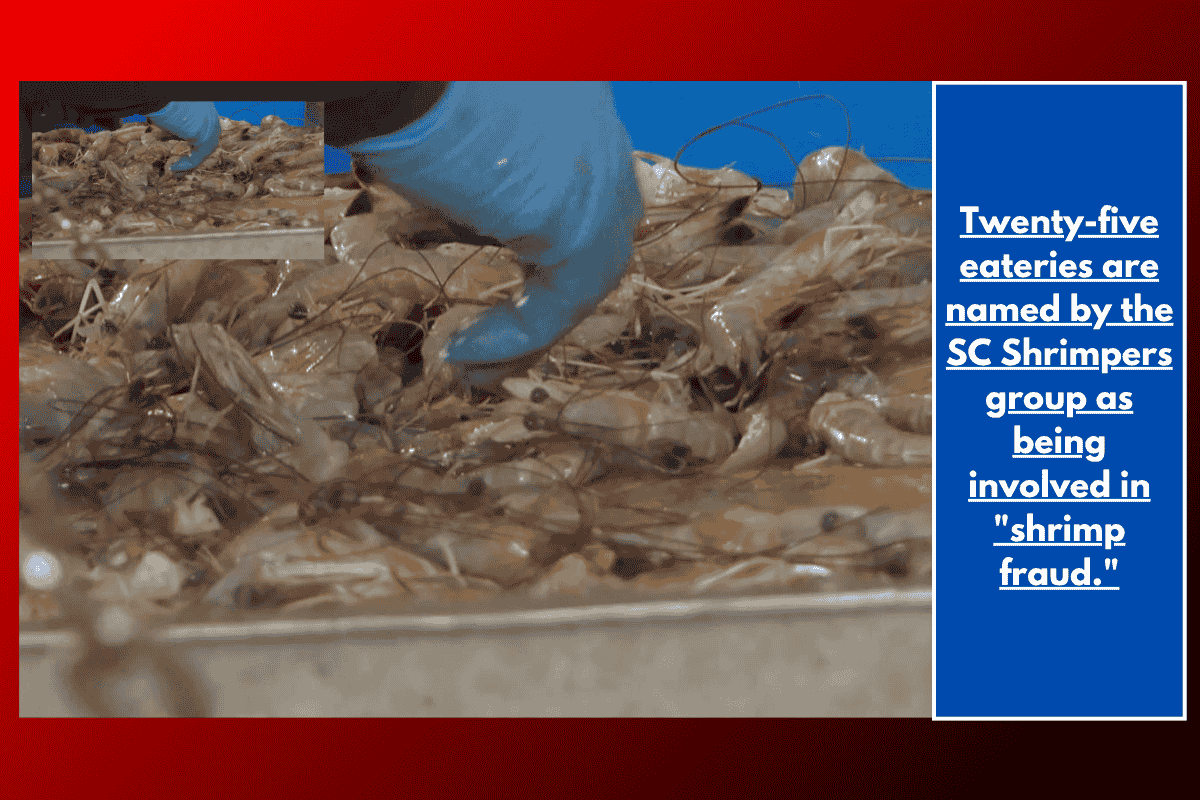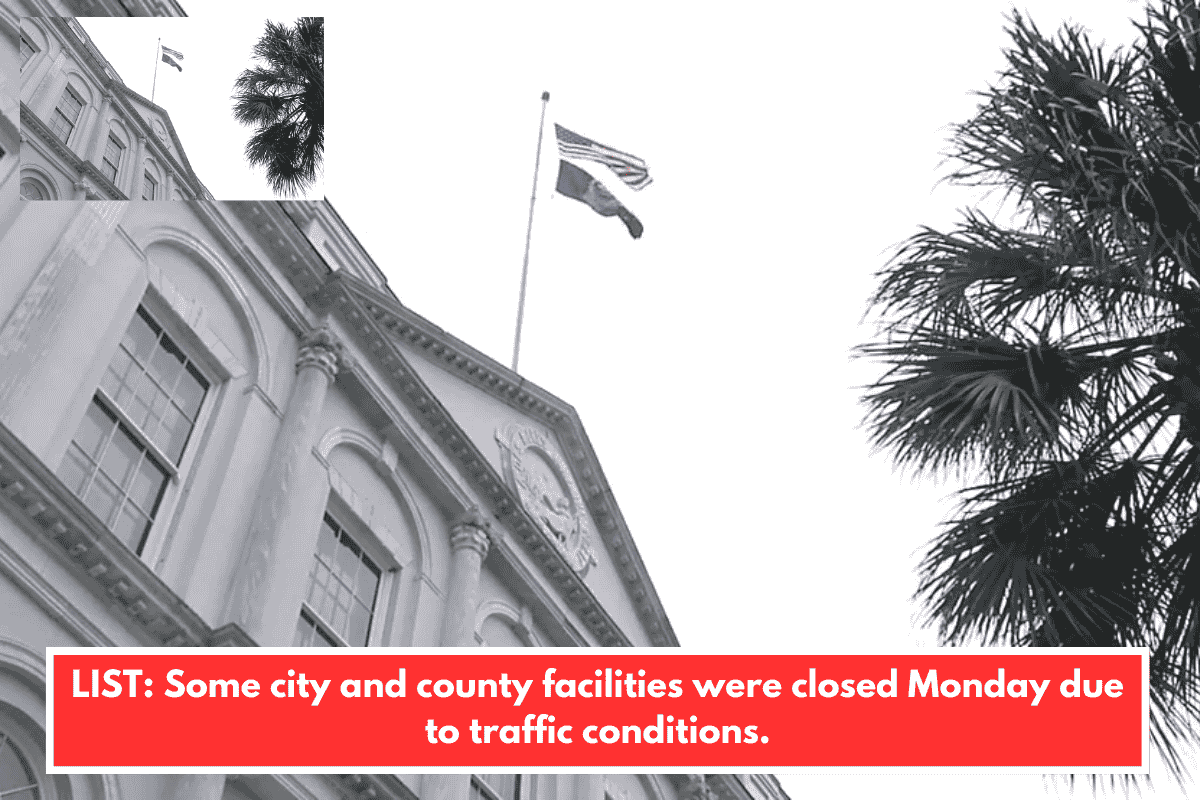The South Carolina Shrimpers Association has filed a federal lawsuit against 25 restaurant businesses, accusing them of misleading customers about the origin of the shrimp they serve. The lawsuit alleges that these restaurants falsely promoted their shrimp as locally sourced, or tied to Lowcountry heritage, while serving imported foreign shrimp.
The lawsuit, filed in federal court and assigned to Judge Richard Gergel, cites violations of the Lanham Act and the South Carolina Unfair Trade Practices Act. The association claims that the restaurants’ actions misled consumers and undermined local shrimpers who rely on wild-caught South Carolina shrimp for their livelihoods.
Key Details of the Lawsuit
The lawsuit has now been amended to include a list of 25 restaurants accused of these fraudulent practices. Some of the businesses named in the suit include:
Hushpuppies Seafood Company, LLC
Pearlz Oyster Bar
Page’s Okra Grill
Crab Du Jour of Charleston
Hyman’s Seafood Company, Inc.
Charleston Crab House
The South Carolina Shrimpers Association believes these restaurants have misrepresented the source of their shrimp, advertising them as local when, in fact, they were foreign imports.
The Shrimpers’ Standpoint
At a press conference at the Pineapple Fountain in downtown Charleston, Bryan Jones, Vice President of the South Carolina Shrimpers Association, explained the group’s position. “We believe that when we invite our family, our friends, and our cherished guests to our beautiful Lowcountry, they deserve nothing less than the real, authentic thing — and in this case, that means our delectable and incomparable, wild-caught South Carolina shrimp.”
The association is pushing for transparency and honesty in how restaurants advertise their seafood, arguing that consumers should not be paying a premium for what they believe is local shrimp but is actually inferior imported shrimp.
The Role of Genetic Testing
The controversy started following a report that found genetic testing of shrimp samples from 44 Charleston-area restaurants revealed that many were serving mislabeled shrimp. According to the test results, 40 of these restaurants were misleading customers regarding the shrimp’s origin. This prompted the South Carolina Shrimpers Association to take legal action.
The group is particularly concerned about the effects of such fraud on both local shrimpers and restaurants that genuinely commit to sourcing local shrimp. They claim that cheaper, often unregulated, imported shrimp puts them at a significant disadvantage.
The Economic Impact of Shrimp Fraud
The association’s lawsuit also highlights the negative effects of “shrimp fraud” on the local economy. By falsely advertising shrimp as local, these restaurants undermine the livelihoods of shrimpers who can’t compete with cheaper, imported products. This creates an unfair playing field for local businesses that do the right thing by sourcing authentic Lowcountry shrimp.
Additionally, consumers are harmed when they pay a premium for what they believe is an authentic South Carolina experience, only to receive a lower-quality product. The association emphasizes that this situation can lead to a loss of trust in the local food industry.
Restaurant Reactions
Some of the restaurants named in the lawsuit have issued statements in response. For instance, Mount Pleasant Seafood stated that they have always been transparent about sourcing shrimp directly from local vendors and even use frozen shrimp when fresh ones are unavailable. Poseidon’s Playground, a food truck, clarified that they don’t advertise local shrimp and have no involvement in any false advertising related to shrimp sourcing.
Page’s Okra Grill expressed frustration at being named in the lawsuit, stating that they use both East Coast wild-caught shrimp and responsibly farmed imported shrimp, but have never falsely advertised the origin of their shrimp.
Legal and Financial Ramifications
The lawsuit is a complex legal action, as Attorney Gedney Howe IV, representing the shrimpers, explained. “We’re here to try and solve a problem,” Howe said, emphasizing that the goal is not to punish but to ensure accountability and transparency within the industry. The shrimpers hope that through legal action or collaboration, they can prevent further misleading practices and protect the integrity of South Carolina’s shrimping industry.
The South Carolina Shrimpers Association is pushing for monetary damages and injunctive relief in order to prevent further misrepresentation of shrimp sourcing.
The ongoing lawsuit represents a significant battle for honesty and accountability in the food service industry. It raises important questions about the sourcing and labeling of food products, particularly those promoted as locally sourced. As the case moves forward, it may set a precedent for how food sourcing is regulated and how businesses are held accountable for misleading consumers.














